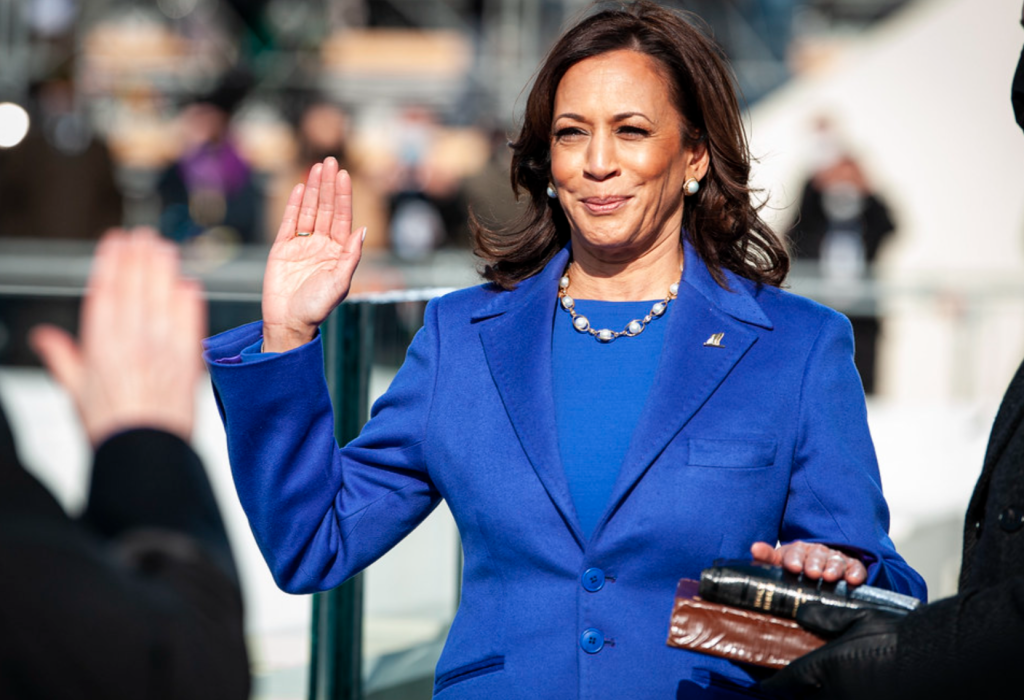

Harris has my vote. She doesn’t have my allegiance.
Today is Election Day. My last day as a Kamala Harris supporter.
She had my vote as soon as it became clear she was going to be the Democratic Party nominee. I had my doubts—in fact I documented them in this publication, noting that her California roots, meritocratic background, and lack of clarity or expertise on a variety of issues appeared to be serious handicaps, given the contours of this particular election. To at least some degree Harris showed my concerns were misplaced. She has proven to be a candidate with tremendous charisma and she has shown growing self-assurance over the course of the fall. She’s also made a real effort to play to the center. It’s no longer obvious to me that another Democrat would have been a better standard-bearer, and I’d be delighted to have a woman of color as president.
But all of this is beside the point: For me, and for millions of people who think like I do, the paramount imperative is defeating Donald Trump. And so I will be casting my ballot for Harris at my local polling place sometime today.
After that, all bets are off.
If Harris loses, whenever or however that comes to pass, the United States will likely enter uncharted waters. I expect there will be significant opposition to President Trump, which will likely consist of a series of factions. This could be a problem. Harris herself, more a conduit for a coalition than a bona fide opposition leader, is unlikely to be a rallying point. I myself will remain a moderate, hoping to check radical forces that may seek to destabilize the political system. Hewing to the middle may be difficult; it may even be dangerous. I may be forced to align with the less bad option, whatever that may be. These possibilities are not pleasant to contemplate.
If Harris wins, I will be among the tens of millions who sigh with relief. We will then really find out who she is. Whatever her particular ideological hue, she’ll be a Democrat who, like Joe Biden, will be compelled to attend to a progressive wing that is significantly out of step with majoritarian politics—which is why this race was closer than it ever should have been.
My reservations about Harris concern the positions she had before she became a presidential candidate. Some of these (like her stance on fracking) she has changed, but others (like her limitless approach to abortion rights) she has not. Her approach to policy in general seems more opportunistic than coherent, and I have my doubts about her command of foreign policy. Still, these are reservations that are acceptable in the name of stopping Trump. But could the Democrats become the party of immigration restriction, fiscal discipline, and limits on identity politics? It appears unlikely. So I’ll be looking for a new home.
Could it be the Republicans? We don’t know what will come after Trump, whether that inevitable moment will arrive in 2024, 2028, or some other point. It’s possible that the GOP can cobble together a majority consisting of old-line Reagan conservatives, working-class populists, and traditional Democrats of the (Bill) Clinton variety. Whether this or some other permutation comes into being, there is a large body of currently homeless voters looking for a haven.
This reality raises another possibility: a new political party. Whether or not it becomes a permanent fixture of American politics, challenges to the status quo have long served a vital purpose in articulating alternatives that have often then been absorbed into the major parties. Once upon a time, the Republicans themselves were an alternative that became institutionalized as a major party. We’re due for such a change.
In any case, thank you, Kamala Harris. You are a patriot. May your remaining years on the scene be happy and productive. But the future—well, my future, anyway, and that of the not inconsiderable number of people like me—likely lies elsewhere.
Jim Cullen’s books include The American Dream: A Short History of an Idea that Shaped a Nation and Born in the U.S.A.: Bruce Springsteen in American Life (third edition, 2024).
Thanks Jim. My sentiments exactly. I cast a vote for Harris this morning (a largely symbolic vote, given that I live in Oklahoma), but I feel politically “homeless” (to borrow a phrase floating around these days). I’m hoping for some new centrist option (something different from the neo-liberal centrism of Bill Clinton etc.) to emerge.